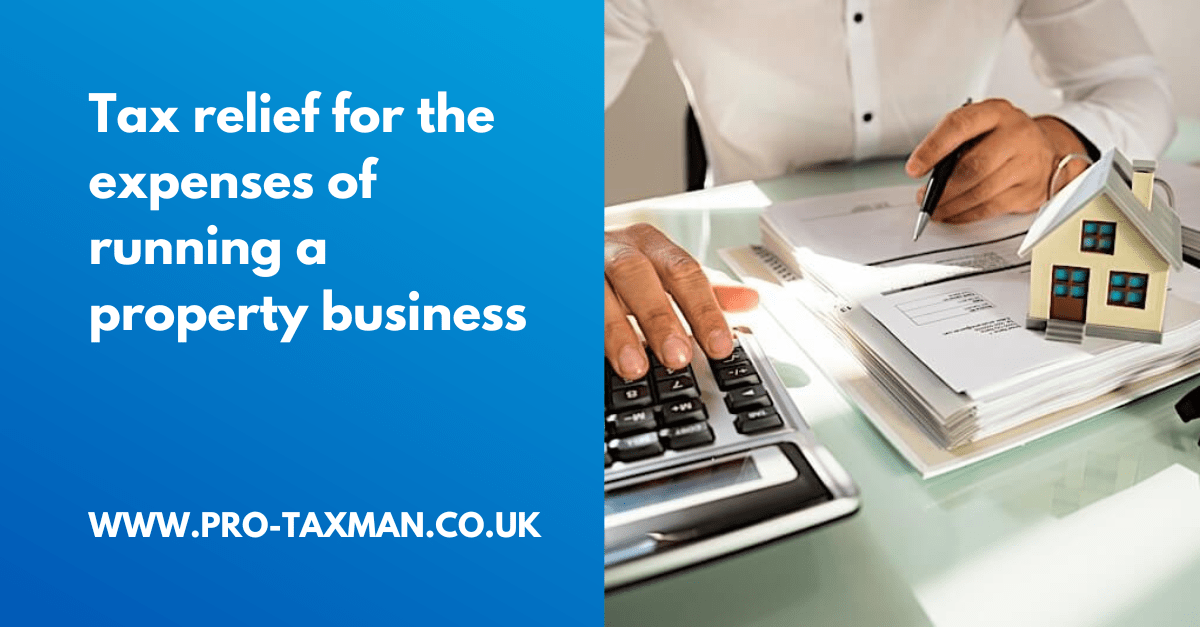In common with other types of business, expenses are unavoidable when running a property business. However, subject to certain conditions, it is possible to obtain tax relief for the expenses of running a property business.
Allowable expenses
The general rule is that a landlord can deduct revenue expenses which are incurred wholly and exclusively for the purposes of renting out the property.
Examples of typical expenses incurred by a landlord running a property business for which a deduction may be available include:
- advertising costs;
- accountancy costs;
- cleaning costs;
- letting agency fees;
- gardening costs;
- repairs and maintenance;
- cost of utilities where met by the landlord;
- council tax where met by the landlord;
- legal fees;
- travel costs.
No relief is available for costs met by the tenant. Typically, a tenant in a buy-to-let would pay the utility bills and the council tax. However, where a landlord lets furnished holiday accommodation, the utility bills and any business rates may be paid by the landlord. These can be deducted.
Interest and finance costs
Landlords running a property business cannot deduct interest and finance costs, such as mortgage interest, when calculating their taxable profit. Instead, they can deduct 20% of those costs from the tax that they owe. The deduction is capped at the amount of tax – it cannot generate a repayment. However, any unrelieved interest and finance costs can be carried forward.
These rules do not apply to furnished holiday lettings, in respect of which interest and finance costs can be deducted in full in calculating profits.
Private and business expenses
Relief is only available for business expenses, and where an expense is incurred for both private and business purposes, relief is only available if the business element can be separately identified. If a car is, for example, used both privately and for the business, relief is available for business mileage costs, but not private journeys. Approved mileage rates can be used.
Domestic items
Separate rules also apply to domestic items, such as furniture, furnishings and white goods, in a residential let. No relief is available for the initial cost of the item, but where the item is replaced, the cost of a like-for-like replacement can be deducted in calculating profits.
These rules do not apply to furnished holiday lettings.
Capital expenditure
The treatment of capital expenditure depends on the way in which the accounts are prepared. The cash basis is the default basis where rental receipts do not exceed £150,000. Where this is used, capital expenditure can be deducted in calculating profits unless such as deduction is expressly prohibited. The main exclusions are land and buildings and cars.
Under the accruals basis, relief is available either in the form of capital allowances (which are limited in a residential let) or when computing the gain on the eventual sale.
Keep records
It is important to keep good records of expenses so nothing is overlooked.
Need professional accounting service or accounting advice? Contact us to book a 15-min Free Consultation with us today.
To find out more please follow us on Facebook, Twitter, or LinkedIn. Feel free to contact us on 0333 006 4847 or request a call back by texting 075 6464 7474

